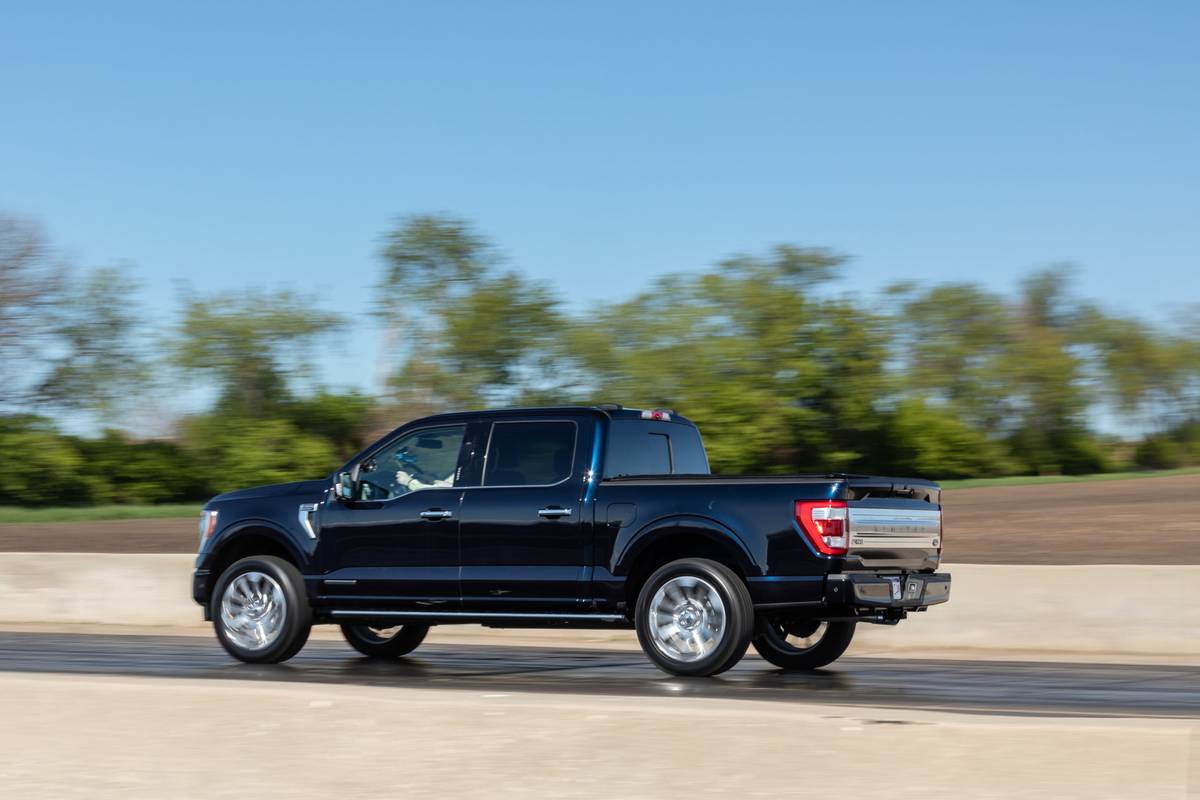
Are We Ready For Self-driving Cars In The UK?
Are We Ready For Self-driving Cars In The UK?

In his recent speech to the UK, King Charles III made several important announcements. One of them was the new legislation that governs the deployment and use of driverless cars in the country. Mark Trimbee, motoring enthusiast and CEO at private registration Regtransfers, explores the implications that growing interest in driverless cars has on our nation.
While the King’s Speech mentions the new legislation that will help our country realise the potential of autonomous vehicles, it also brings to light critical safety and security issues. Driverless cars have a long way to go in both areas before they are considered as a viable alternative on our roads.
A Revolution On Offer
Automated Vehicles Bill is the key to autonomous vehicles. This legislative measure aims to unlock a “transportation revolution” by deploying self-driving cars in a safe manner. The King hopes that the UK will be a global leader in the autonomous vehicles sector through this bill. It is hailed as “one of the most comprehensive legal frameworks in the world” for autonomous vehicles. Safety is at the core.
Growth and Prosperity
The vision of the government is to unlock the potential growth in the UK autonomous vehicle industry. By doing so, the government could create a new market worth up to PS42billion and create 38,000 skilled positions by 2035. This bold move aims to propel Britain into a leadership position in this rapidly evolving industry.
Safety First
The case for self-driven vehicles is compelling. On paper, these cars have the potential to improve transport safety, convenience and accessibility.
According to reports, road traffic accidents will result in 1,695 deaths and 136 022 injuries by 2022. Of these, 88% are attributed to human error. It is claimed that automated vehicles could help the country reduce injuries and deaths, as well as costs. In addition, the daily commute to work or school will be safer and more efficient. This will increase productivity and reduce costs.
There are many advantages to autonomous vehicles. Given these benefits, we could say that we should do everything possible to move towards mass production and deployment. Before mass deployment is possible, the technology must overcome a few current challenges.
Challenges and concerns
At the moment, we feel as if we’ve only just begun to explore the unknown waters of self-driving vehicles. There are a few key concerns that have been raised. This warrants caution and careful consideration.
Security
Wearable tech, smart products and applications pose significant security risks to the public. Fully automated vehicles add a whole new level of danger. Hacking could have severe consequences for a car that is operated solely by computer systems. This threat becomes more serious if there are many autonomous cars sharing the same network.
Cost
The cost of an automated vehicle in the UK is currently around PS50,000, which is out of reach for most people. As this is a new technology, the cost of an automated car will likely decrease over time. This is the biggest concern for most people, but we’ll have to wait.
The Moral Dilemma
The issue of safety in everyday traffic situations is a major concern for autonomous cars. There are no “black and gray” solutions that guarantee complete safety. Who decides which logic vehicles will use when faced with two choices that could both be harmful to pedestrians and passengers? The manufacturers who are responsible for the logic and intelligence behind the self-driving car may be accused of playing God in such cases.
Potential Machine Errors
There is always a margin for error with any machine. When it comes to AVs, the stakes are very high. Passengers and pedestrians could be at grave risk if a malfunction occurs. It could lead to systems activating or deactivating erroneously when they shouldn’t, resulting in potential hazards like fires caused by the car batteries or breakdowns that result in a loss in control leading to accidents. We’ve talked about how AVs can make roads safer. This may not be true in practice.
Recent Concerns
Recent developments in the self-driving industry are alarming. Around 400 self-driven cars were involved with road accidents just last year.
The latest news out of the US has highlighted further challenges faced by autonomous cars, including those operated under General Motors Cruise division. The technology is vulnerable to hackers, it has difficulty identifying hazards such as large holes on the road and can have difficulties identifying children. These are all concerns that pose a risk of accident. All 950 vehicles were recalled to update their software because of each of these issues.
These incidents raise serious questions about the technology’s readiness.
Parliamentary Support
The Transport Committee MPs welcomed the King’s announcement. The Transport Committee had called for new laws to address safety concerns in its September report on self-driving cars. Their calls seem to have been heard, at least temporarily.
The Journey Ahead
The UK is charting its future towards autonomous vehicles. To do so, industry, regulators and the public will have to work together in order to overcome a number of challenges. This journey is full of opportunities and responsibilities, from data security to ethical issues posed by autonomous technology.


